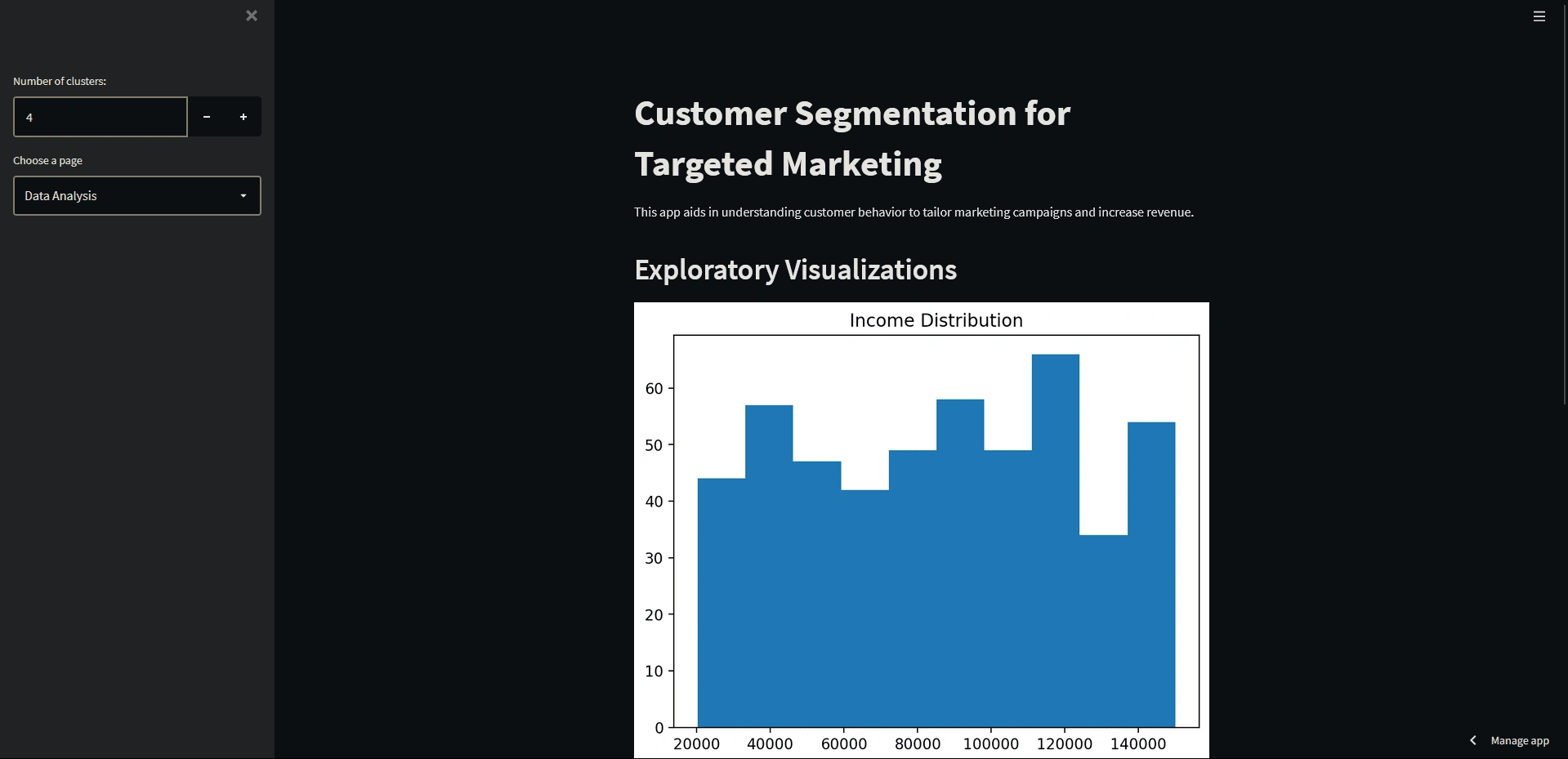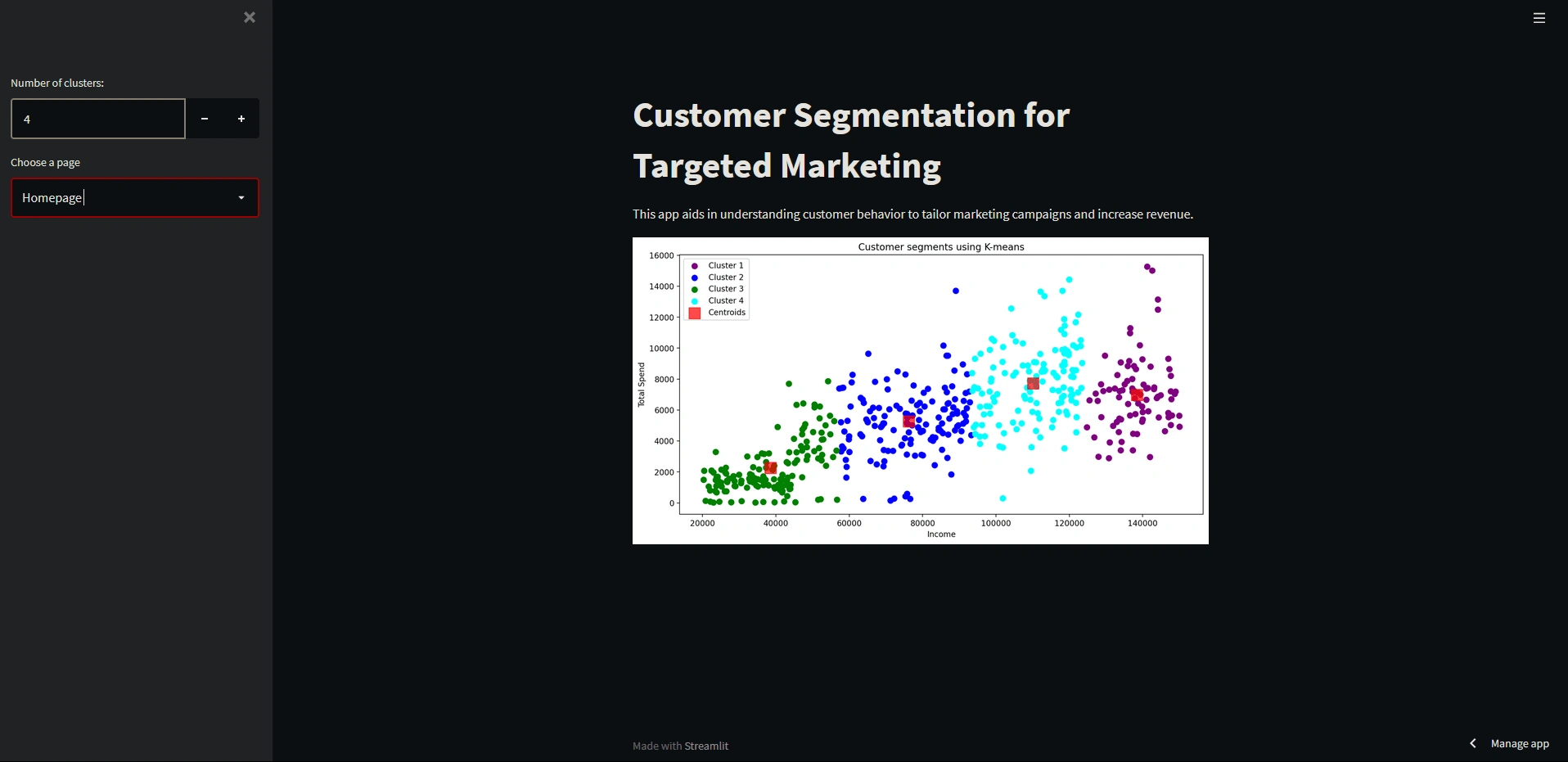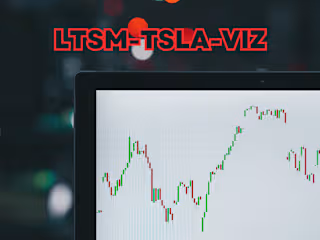Customer Segmentation for Targeted Marketing
0
Business Analyst
Data Analyst

Microsoft Excel

Python

Shopify
Customer Segmentation for Targeted Marketing
Harness the power of data-driven insights to optimize your marketing strategies with this customer segmentation project. By leveraging k-means clustering, this analysis uncovers distinct customer groups based on their income and spending behaviors.
Key Benefits:
Personalized Marketing: Craft tailored campaigns that resonate with specific customer segments, leading to higher engagement and conversion rates.
Resource Optimization: Allocate marketing budgets more effectively by targeting high-value segments and tailoring messaging for maximum impact.
Improved Customer Satisfaction: Deliver relevant offers and promotions that align with individual customer preferences, fostering loyalty and repeat business.
Data-Driven Decision Making: Make informed decisions about product development, pricing, and promotions based on a deeper understanding of your customer base.
Methodology:
Data Collection: Gather relevant customer data, including income levels, purchase history, and frequency of purchases.
K-means Clustering: Apply this machine learning algorithm to identify distinct customer segments based on shared characteristics.
Segment Analysis: Examine each segment's unique attributes, including average income, spending habits, and product preferences.
Marketing Strategy Development: Develop targeted marketing campaigns tailored to the specific needs and interests of each identified segment.
Tools:
Python: For implementing the k-means clustering algorithm and conducting in-depth data analysis.
Shopify: For integrating customer data and implementing targeted marketing campaigns.
Unlock the Potential of Your Customer Data:
Gain a deeper understanding of your customer base and unlock the full potential of your marketing efforts with this comprehensive customer segmentation project.
Explore the Project: https://retailcluster.streamlit.app/


Like this project
0
Posted Jul 9, 2024
This project uses K-means clustering to identify distinct customer segments based on their income and spending patterns.
Likes
0
Views
0
Tags


Business Analyst
Data Analyst

Microsoft Excel

Python

Shopify



